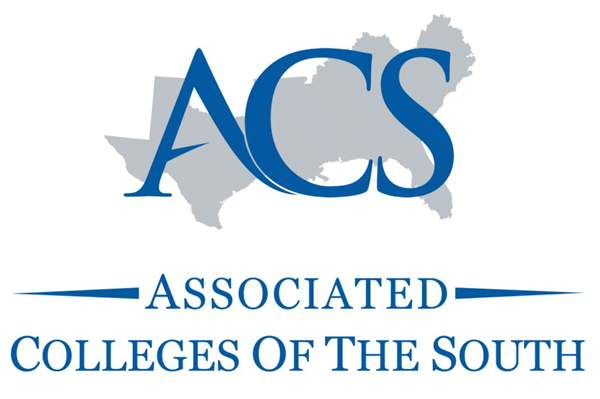This project brought together archaeology faculty from eight ACS campuses to redesign our introductory archaeology courses. We collaborated to create five modules that emphasize equitable inclusive pedagogies, center expertise and perspectives from diverse stakeholders and historically marginalized communities, and make apparent through content and pedagogy the relevance of the field to contemporary questions of justice and equity. The project had three goals:
1. Foster collaboration, both within our group of ACS archaeology faculty and with non-ACS colleagues and community partners who embody a wider range of perspectives, experiences, and identities than currently represented in our group of ACS archaeologists.
2. Provide ACS students with a decolonial, equity-based, and inclusive approach to theorizing and practicing archaeology through introductory archaeology course modules and/or syllabi.
3. Increase the visibility and implementation of a “socially just” archaeology through the creation of a public facing pedagogical final product (website, book, etc.) for further dissemination and use in the classroom and beyond.
Project participants:
Véronique Belisle, Associate Professor of Anthropology, Millsaps College
Robyn Cutright, Associate Professor of Anthropology, Centre College
Zackary Gilmore, Assistant Professor of Anthropology, Rollins College
Kimberly Kasper, Assistant Professor of Anthropology, Rhodes College
Jennifer Mathews, Professor of Anthropology, Trinity University
Nathan Meissner, Visiting Assistant Professor of Anthropology, Centre College
Derek Miller, Assistant Director, Bonner Center for Civic Engagement, University of Richmond
Evan Parker, Faculty Teaching Fellow, Millsaps College
Camille Westmont, Postdoctoral Fellow, Sewanee: The University of the South
Andrew Womack, Assistant Professor of Asian Studies, Furman University
Modules:
Module 1: Community Engaged Archaeologies
- Transnationality and Diaspora Community Archaeology
- Day of Service: Cemetery Reclamation
- Archaeology and Civic Identity – African American Burial Grounds Preservation Act
- Example Project: Community-based Cemetery Project
- Example Project: Sons and Daughters of Ham
Module 2: Contested Monuments: The Case for a More Inclusive History
Module 3: Decentering Remote Sensing
- Locating the Missing: Indigenous Boarding Schools (Ground-Penetrating Radar)
- Methodological Approaches to Burial Detection (Ground-Penetrating Radar)
- Pictures Into the Past (Aerial Imaging)
- Goats and Grasses: Identifying Archaeological Sites Using Multispectral Imagery (Aerial Imaging)
- Lost Cities, Colonial Fantasies, and LiDAR (LiDAR)
Module 4: Repatriation and Human Remains
- Repatriation of Artifacts
- Repatriation of Human Remains and NAGPRA
- Archaeology on the Migrant Trail
- Human Remains: Mississippi Asylum Hill Project
Module 5: Archaeologies of Disability/Disability in Archaeology
Acknowledgements:
Modules incorporate contributions from and conversations with a range of experts, and we would like to thank the following contributors to this project: Chris Begley, Laura Heath-Stout, Carla Klehm, Jennifer Mack, Laura Ng, Mason Shrader, Martha Small, Davina Two-Bears, The American Indians in Texas at the Spanish Colonial Missions, Rudy De La Cruz, Tom Killian, Ray Hernandez, Ramon Vasquez, and Christopher De Leon.
This project was inspired by Centering the Margins: Knowledge Production in the Introductory Archaeology Course, a 2021 article by Kylie E. Quave, Shannon M. Fie, AmySue Qing Qing Greiff, and Drew Alis Agnew. We would like to thank Dr. Stephanie Fabritius and the staff of the Associated Colleges of the South, as well as Dr. Kathe Andrews, Director of Research at Centre College, for her help administering grant funds.
